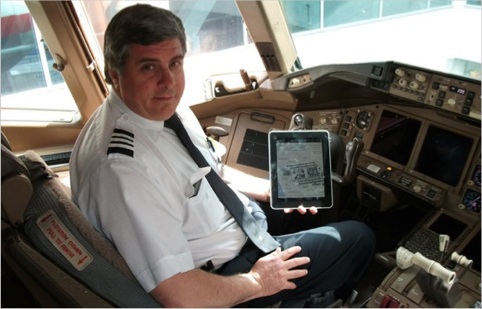Digital Amnesia
When someone asks me for my mobile number, I take one of my business cards out of my wallet so I can read it to them. Now I have only had this number for a year, but I haven’t learnt it yet. I don’t know my wife’s phone number either. I just look her up in the contacts of my phone by name. I can however remember my first girlfiend’s mum’s home number, going back to about 1982.
Of course in those days we did not have machines that remembered your life for you. I remember having to arrange to meet someone at a certain time and in a certain place before leaving the house, oh how quaint. And believe it or not, not only did our brains keep in all that extra information (which seems to have made them work better I might add), but we were also freeer.
Free because once you were out of the house you were in effect offline. No calls from work, no-one asking you why you are late, or more to the point where you are. “Where were you? I tried calling but you did not answer!” Oh so now I am obliged to both carry my phone and answer it otherwise moral judgements will be made about me, where is the freedom in that?
And these developments have lead to parents and friends worrying more. Now I have a phone so if you start thinking about me you can send a text. In the past you couldn’t do that, so you worried less. There was no point in worrying because you could do nothing about it. And what happens if your phone runs out of charge? Then you really are in trouble, it is almost as bad as your life support system breaking down.
Research
But where is the evidence I hear you ask, for these glory days when people could remember where they were supposed to be, had diaries and used pens to make appointments.
Here. Read it and weep.
The BBC is reporting a UK study carried out through Kaspersky (see the stats above in the picture), that seems to demonstrate that reliance on digital technology is causing a loss of memory capacity. The belief that we can just access information whenever we need it has brought us to this point. But the limitations are obvious. When I lose my phone I cannot even phone home on somebody else’s. I don’t know the number.
Maybe the brain needs exercise too. Stretching is always good, and I must say that this is probably true of brain use. As I have once before mentioned, learning a language is great for your brain function, but many might not bother now we have real time translation tools. But I should say that I am not against these things, my life would be much more complicated without the famous online translation tool that I use every day.
I remember an article on this blog about the power of the human brain, it is incompably good to digital technology, let’s exercise it and keep it fit.


